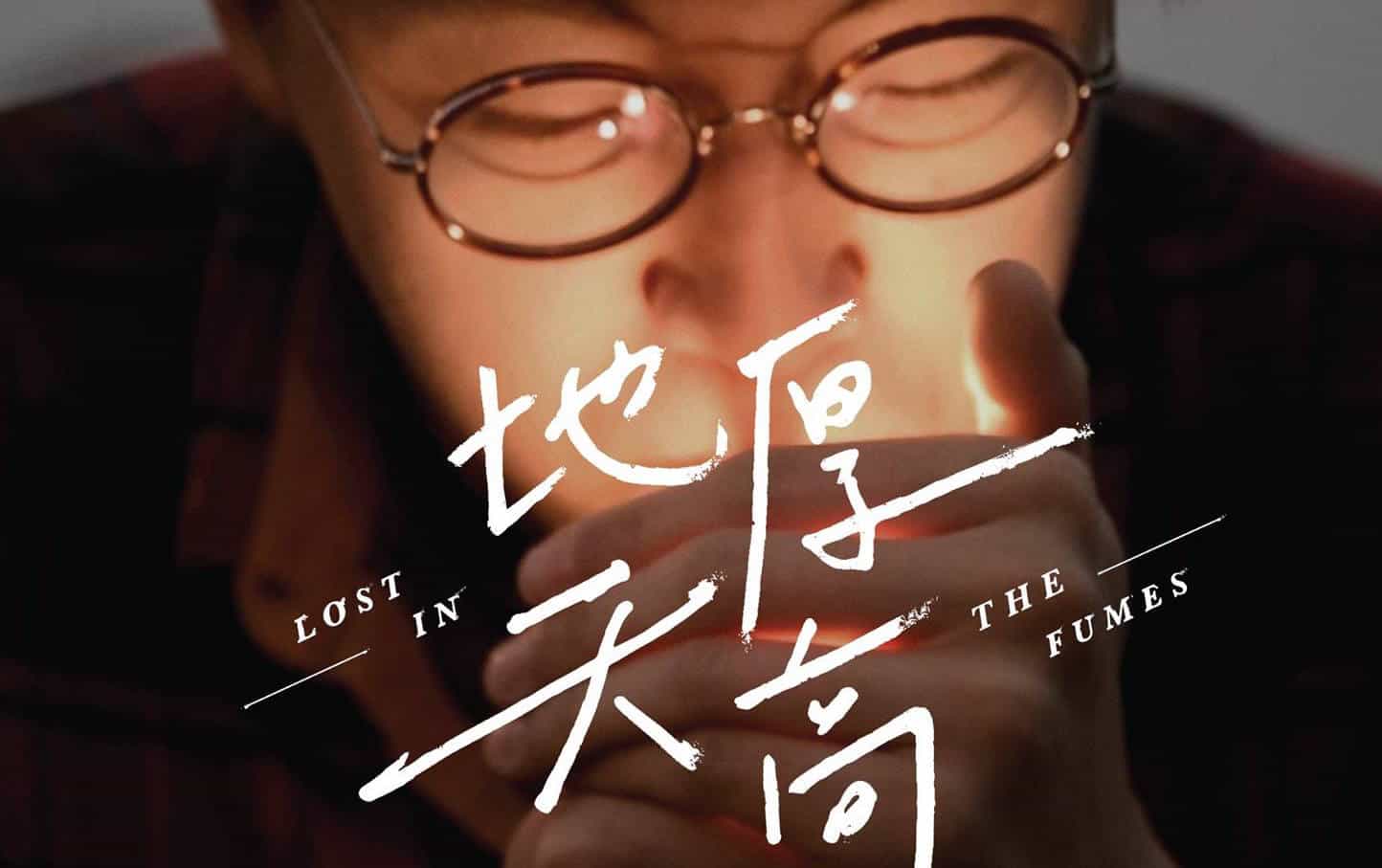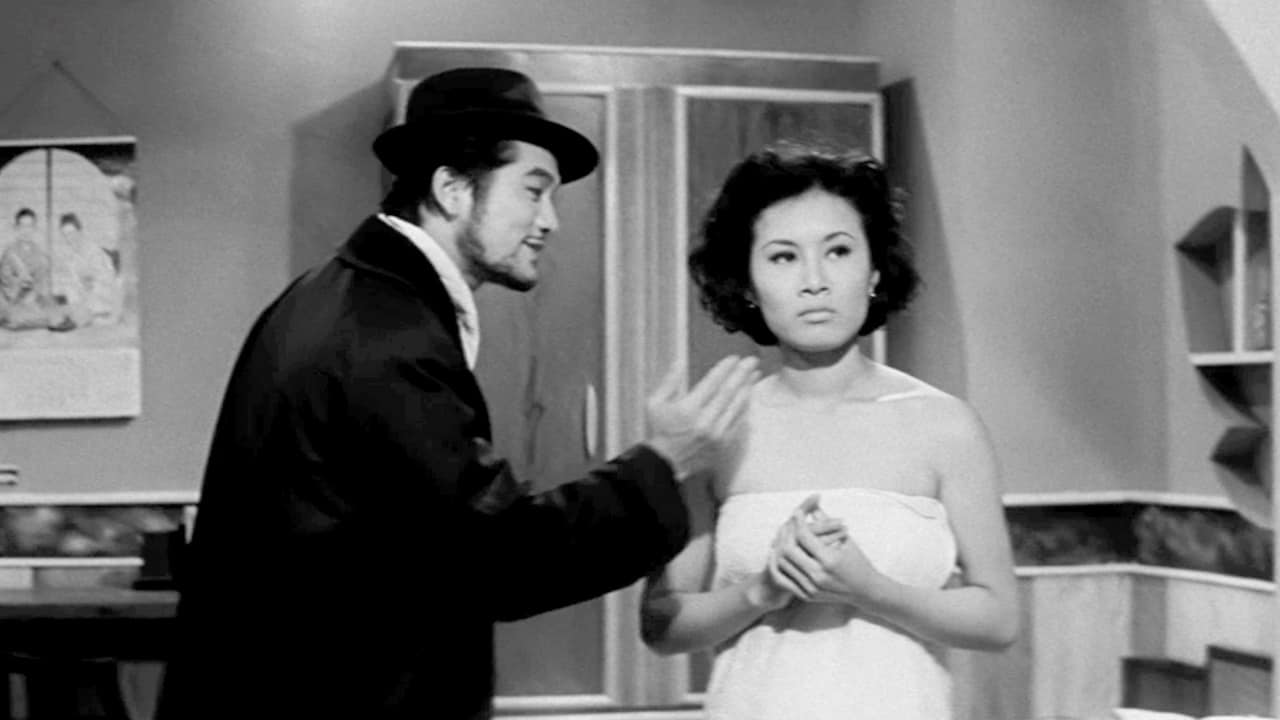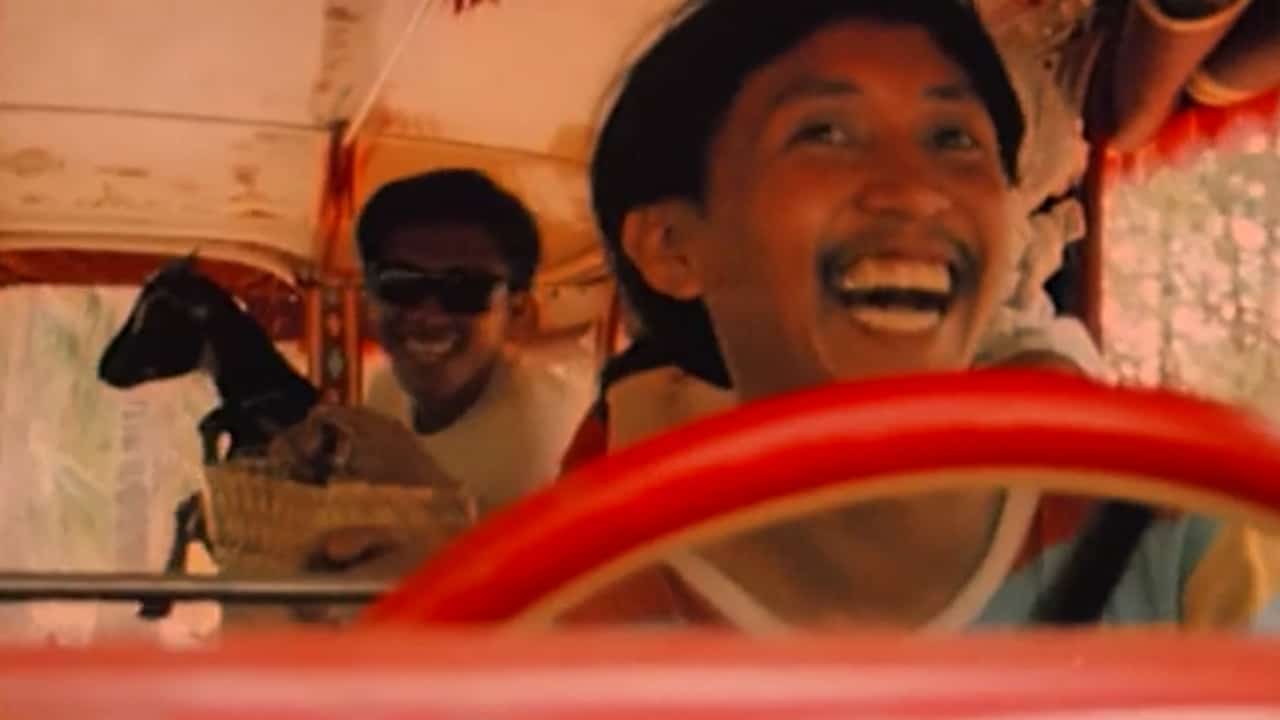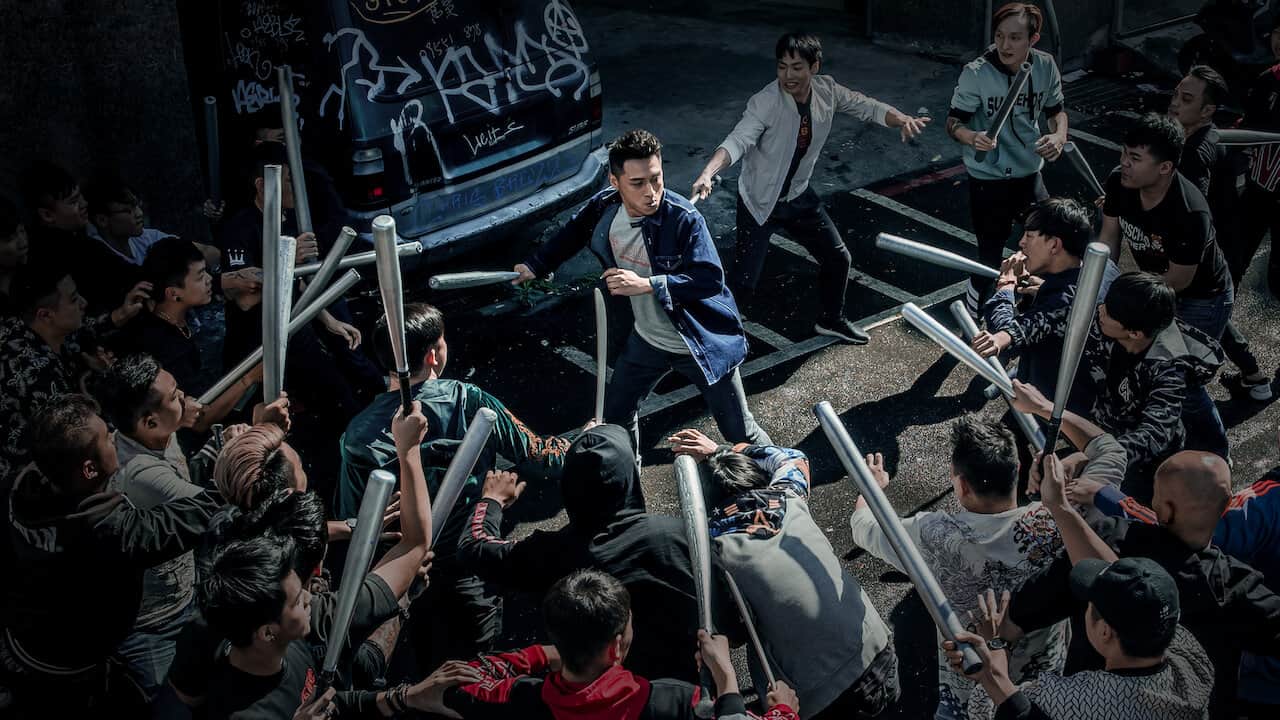From the director's statement: “Due to political reasons in the past, South Korea motivated laws directed against foreign property ownership, resulting most Hwagyo (ethnic Chinese living in Korea) could only sell “jajangmyeon” (fried sauce noodle) in Chinese restaurants, thus Korean used the word “jang-gae” (sauce dog), a derogatory meaning similar to “chink” referring to Chinese. Additionally, Hwagyo were unable to obtain Korean citizenship, and could only reside in Korea as “foreigners”, while holding non-citizen passports provided by the Taiwanese Government, which somehow leaves them in an awkward situation: in Korea, people take them as Chinese; whereas in Taiwan, people take them as Korean…” Chang Chih-wei, who was born to a Taiwanese father and a Korean mother, and was raised in South Africa during the furious last gasps of Apartheid, shoots a film that combines all the aforementioned in the face of an adolescent boy who tries to juggle his identity with his education, his family and the first feelings of love.
“Jang-gae: The Foreigner” is screening at Asian Pop-up Cinema

Gwang-yong was born in Seoul by a Taiwanese father, Seo-sang and a Korean mother, Hang-na. Always juggling between his two ethnic legacies, his problems became more intense when his father enrolled him to a Korean school, from the Chinese he was before, as the bullying, and the call of “sauce dog” started immediately. However, Gwang-yong is a great student, to the point he even learns that he is to be selected to study in the US, while at one point, he starts hanging out with a classmate, Ji-eun, who is also alienated, although for completely different reasons. At the same time, the bullying does not stop, while his workaholic father does not only fail to show his love to his son, but is in constant clash with him, not to forget his Chinese roots, among a number of other reasons. His mother tries to keep a balance but frequently fails, while the disasters follow one another.
Chang Chih-wei directs a film that manages something quite peculiar. Despite the fact that the story is far-fetched with all the misery and events that Gwang-yong and his family experience, to the point that the title can be described as melodramatic, the comments are both quite eloquent and realistic in their presentation. In that fashion, the issues people with the particular type of passports face, the growing up Gwang-yong experiences, the generational and cultural gap between him and his father, and the school situation are all exceptionally depicted in the film. Particularly the subtle but also palpable racism his teacher exhibits on occasion is excellent to watch, cementing the whole realistic approach in terms of context. The role of the mother also moves into the same path, in an element that looks quite autobiographical and Lee Han-na giving a great performance in the role. The way the two males of the family bond after a clash is equally truthful, in a series of scenes that also exemplify Joey Yu's acting.
The romance on the other hand, is somewhat far-fetched with all the heroics and drama involved, not to mention a bit triumphantly cheesy on occasion, despite the fact that both Ho Ye-wen as Gwang-yong and Kim Yea-eun as Ji-eun give convincing performances. Furthermore, this approach also extends to the unnecessarily prolonged ending, and the last scene on the beach which reminds intently of the same issue in Japanese cinema, while the movie would benefit from some tighter editing by Tom Hsin-Ming Lin, who implements, however, a fitting, relatively fast pace throughout the title's duration. Moreover, Choi Min-ho's cinematography is also accomplished, particularly in the way he captures the plethora of settings, in the school, the family's house, the hospital and the narrow alleys during the night with realism and artfulness.
The sum of the movie's pros and cons tilts towards the first; in the end, however, whether one will enjoy “Jang-gae:The Foreigner” will be judged upon which elements one considers more significant. As an effort, it definitely deserves a watch though, if only for its comments.
















